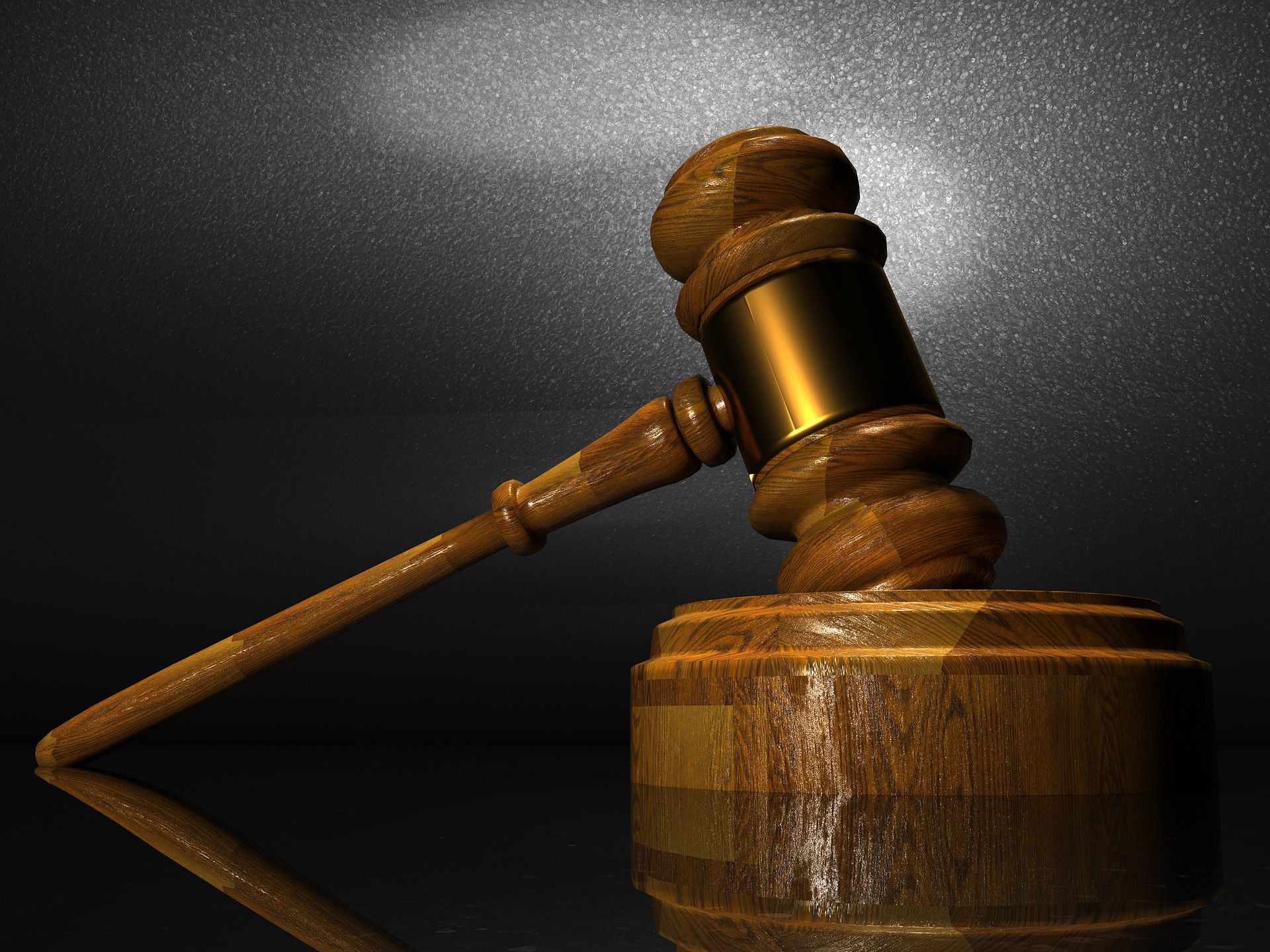Are employees reluctant to blow the whistle on their bosses?
The research by Protect, formerly Public Concern at Work, and the legal firm Slater and Gordon is quite shocking.
33% of those who voiced concerns about work were dismissed
22% of employees were subject to disciplinary action or were victimized by their employers
37% of employers deny that there is a problem
Only 10% of cases were resolved by the employer
Reports of blowing the whistle being punished for speaking out have been numerous. British Airways employees who have sued the airline for religious discrimination in 2018 brought additional action after she claimed that they had penalized her for speaking out.
Whistleblowers are protected by EU and UK laws. Whistleblowers should not be treated unfairly and their jobs shouldn’t be lost.
Before you blow the whistle, here are some things to keep in mind
- You must have a valid case
Whistleblowing can only be used to report criminal offenses, regulatory breaches, breaches of health and safety, as well as cover-ups. If you report any of these, you will be protected under the law. Anything else is beyond scope.
You don’t have to wait until it’s too late to raise a concern.
You shouldn’t use your company’s whistleblowing channels to complain or make false reports. You can complain about your manager, colleague, workload, third party, or any other issue through your grievance procedure. Instead, you should raise the matter with your manager, HR, or both.
Whistleblowing law doesn’t cover personal grievances, unless the case is in public interest.
The company handbook should outline how to create a report, and who to contact. Your manager will usually be your first point of contact in most cases.
You may be asked to report to the HR, Compliance, Legal, Senior Management or the Board via a whistleblowing hotline, website, email or an independent third party.
Putting it online or going straight to the media can damage your reputation and undermine your message. Think Edward Snowden, whistleblower and ex-CIA agent who released classified information!
You are not there to collect conclusive evidence of wrongdoing. You are a witness and an observer. Don’t hesitate to collect additional evidence. Your tip could help you thwart an entire investigation.
If you don’t believe anyone, and no action is taken, or if lives were at risk, it’s okay to raise your concerns to others (such the CEO, the Police or regulator or sometimes even the press).

